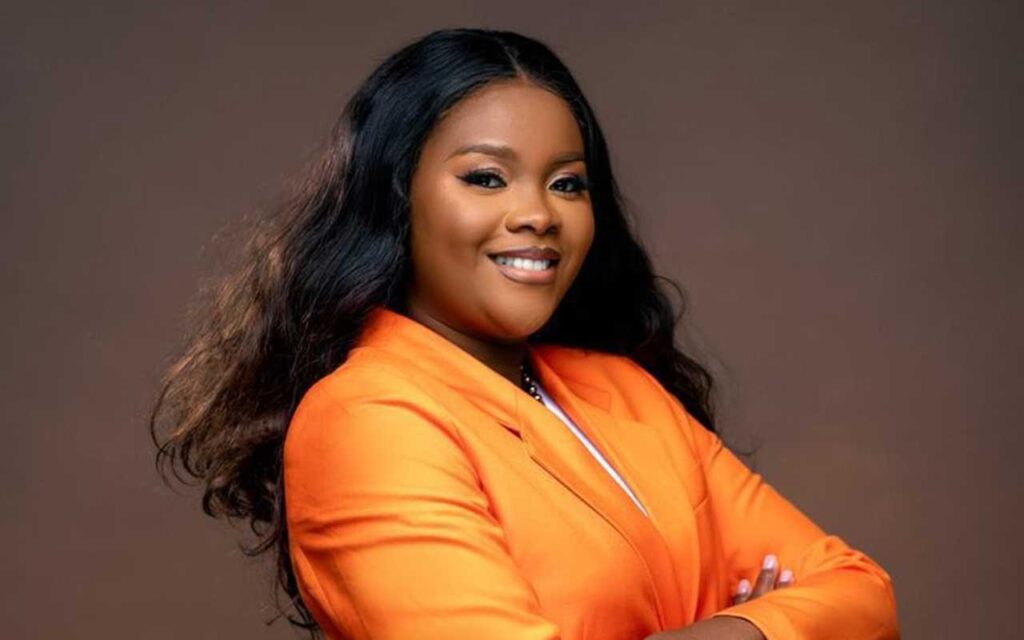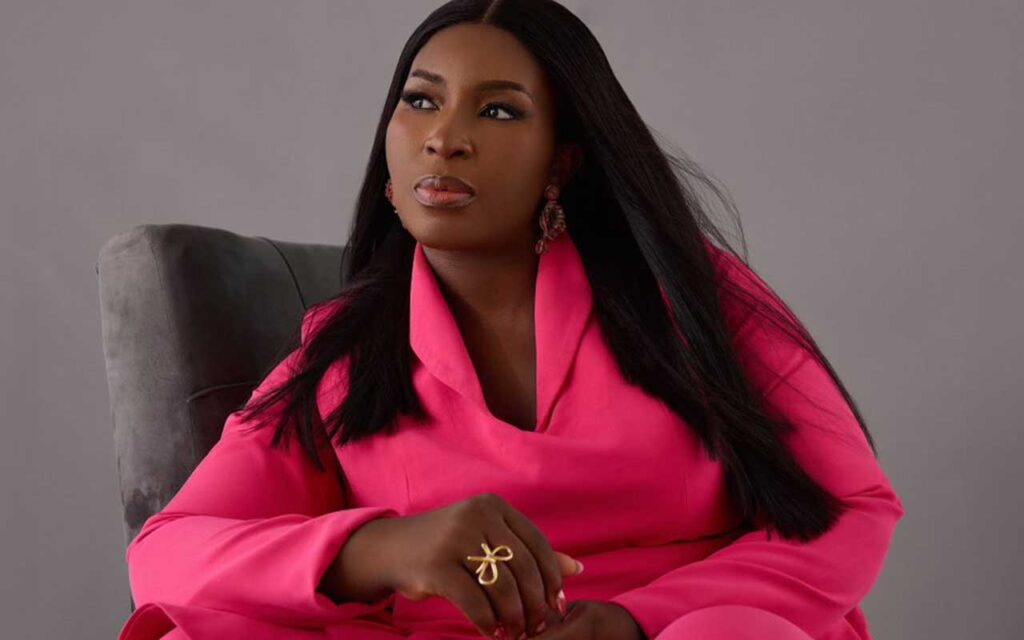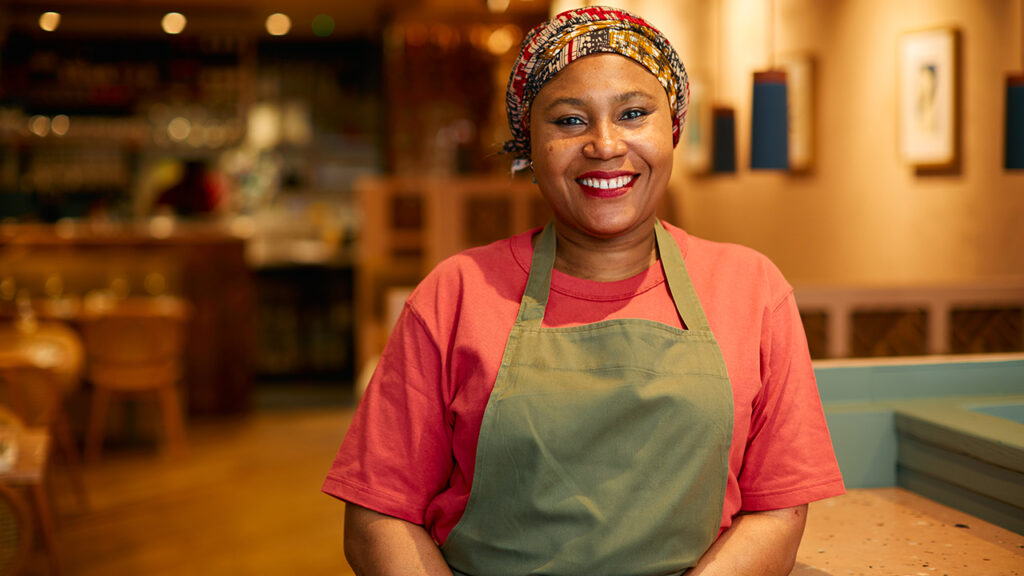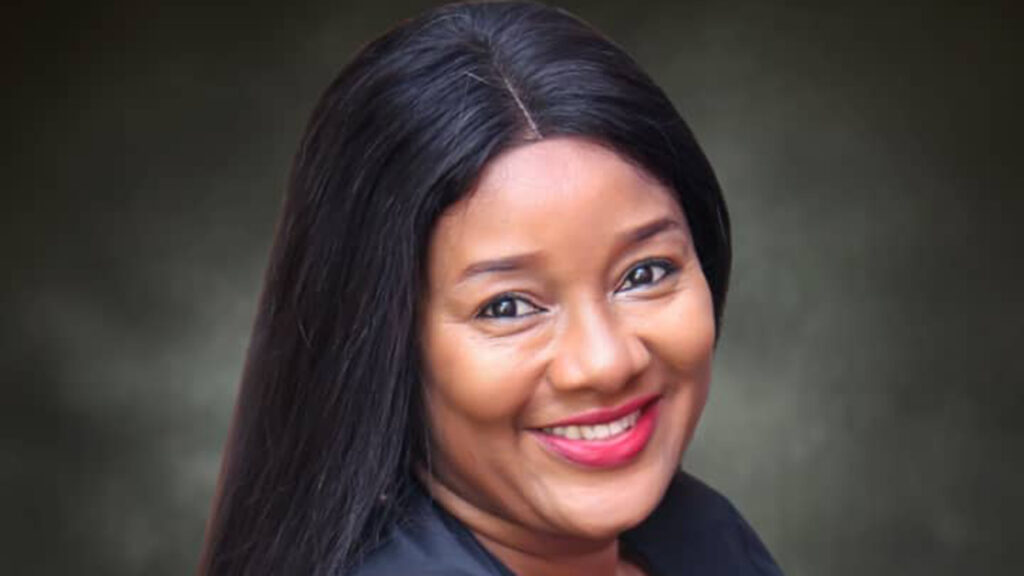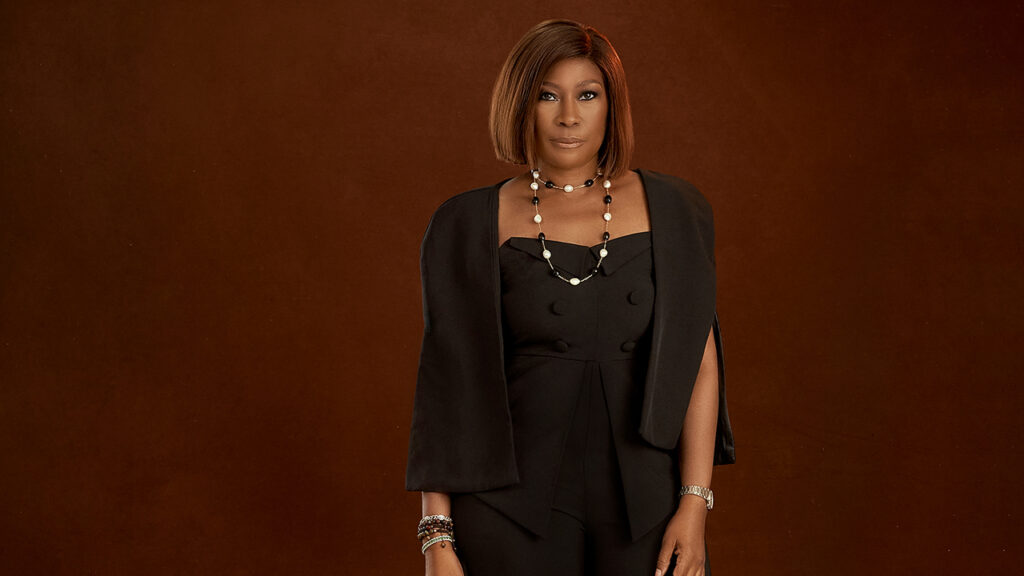
Focused on ensuring that a gender-responsive approach is applied to disaster preparedness and response in the southern part of the country, the Women for Peace and Gender Equality Initiative (WOPEGEE) held a capacity workshop for stakeholders in the area.
The training which is organised in partnership with WOPEGEE and Justice Development and Peace Commission (JDPC) is in collaboration with Austrian Development Cooperation (ACP) within the Framework of the Humanitarian Assistance in West Africa (HAWA) Multiplier Module (MM) project, funded by the Austrian Development Cooperation (ADC) with support from the Austrian Minstry of Defence.
At a weeklong training workshop targeted at improving the capacity of specific areas to respond properly to disaster, various stakeholders were equipped with necessary tools towards ensuring proper emergency management with emphasis on gender specific perspectives.
Executive Director, WOPEGEE, Mojisola Akinsanya, noted that the workshop was aimed specifically at providing proper response to flooding, which was affecting a lot of communities in Southern Nigeria.
“We want to make sure we strengthen the capacity of different communities that are here. We have participants who are civilians, from communities, civil society workers at the grassroots level, and the community people affected by floods in Lagos and Ogun state, which is our case study. At the end of the day we want to strengthen the community to have the actual plans to show resilience when there is a disaster,” Akinsanya explained. She added that due to the vulnerability of women in emergency situations, it was important to always spread enlightenment through the gender lens.
“We want to look at a gender approach to it. The vulnerability of women is on the high side; women, children and people living with disabilities. That is why we always take a different mode of approach, so we see that we carry everybody along and make sure we push towards the SDG Goals, especially SDG 5, which talks about gender equality and making sure that we mainstream them in all the efforts,” she noted.
A representative of the Austrian Centre for Peace, Sophia Stanger, stated that the workshop was an exemplification of the organisation’s commitment to improving humanitarian assistance to underserved communities by getting relevant parties involved.
“The Austrian Centre for Peace is engaged in a project called Capacity Building for Humanitarian Assistance in West Africa (CABHA), and we really try to build capacities to support people in the West African region, and help people from the government, civil society organisations and from the military to be better abled and equipped for meeting humanitarian needs,” Stanger said.
She stated that to serve all demographics in the most effective manner, it is important to properly analyse the distinct gender roles in times of crisis and create adequate sensitisation.
“It’s very important to see that women and men are affected differently by floods. So, if there is a flood coming, they have different tasks and responsibilities, different needs, regarding saving properties. They need to know how to react when they are displaced. We take that into account, and we have to really tailor our answers and responses to the needs of women and men,” she added.
Programme Manager, Women Peace and Security, UN Women, Peter Mancha, harped on the urgent need to put in place structures that would ensure proper emergency response and crisis management. “In the Southern part of Nigeria, flood is one of the major natural disasters that occur on a yearly basis,” he noted.
He stressed that the workshop was a huge step in the right direction as it reached out to the major stakeholders and placed an emphasis on gender specific responses to crisis.
“The challenge we have is we get all the signals that these will happen, but what measures do we have in place to prevent these or mitigate the impact? This workshop is actually looking at how we can support different stakeholders, communities, civil societies and emergency response agencies, but more from a gender perspective, because we all know that women are the majority that bear the brunt of these crises,” he said.



